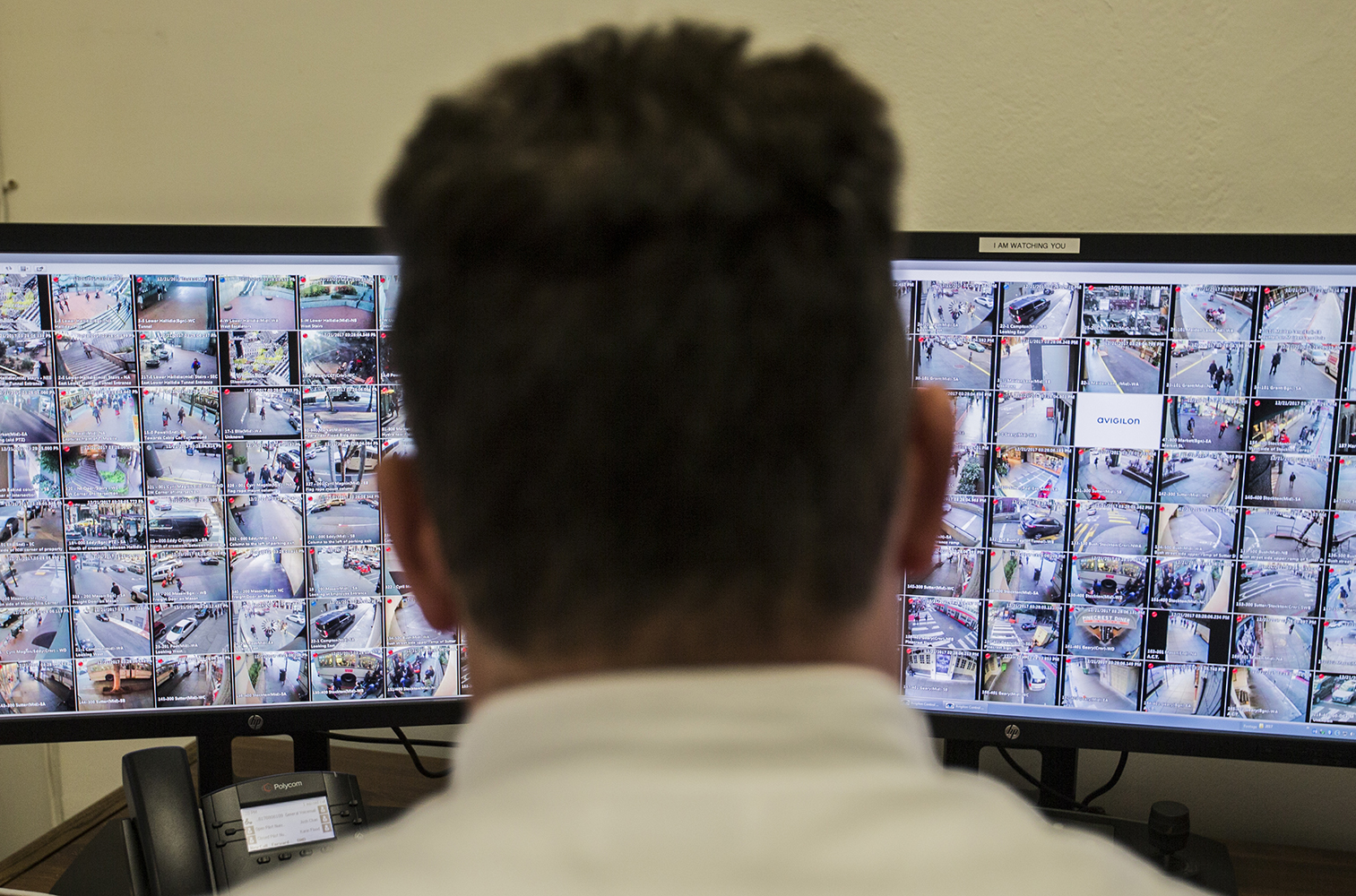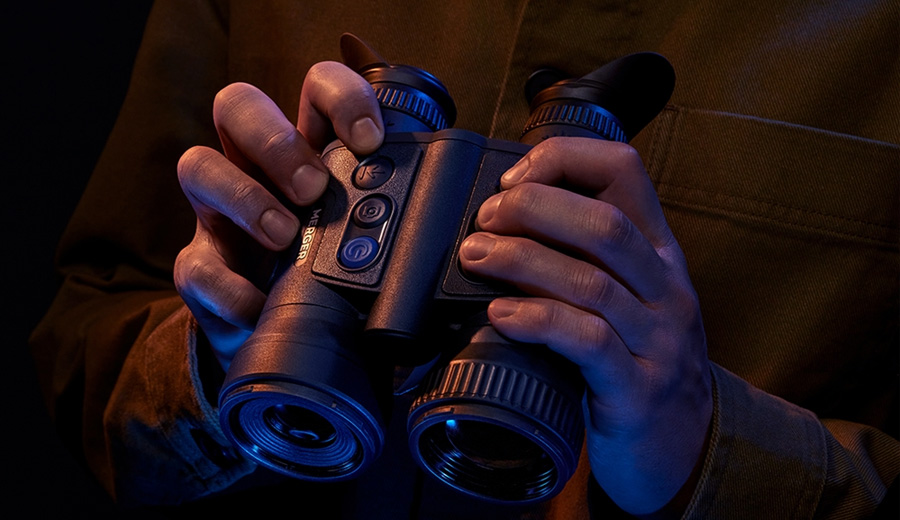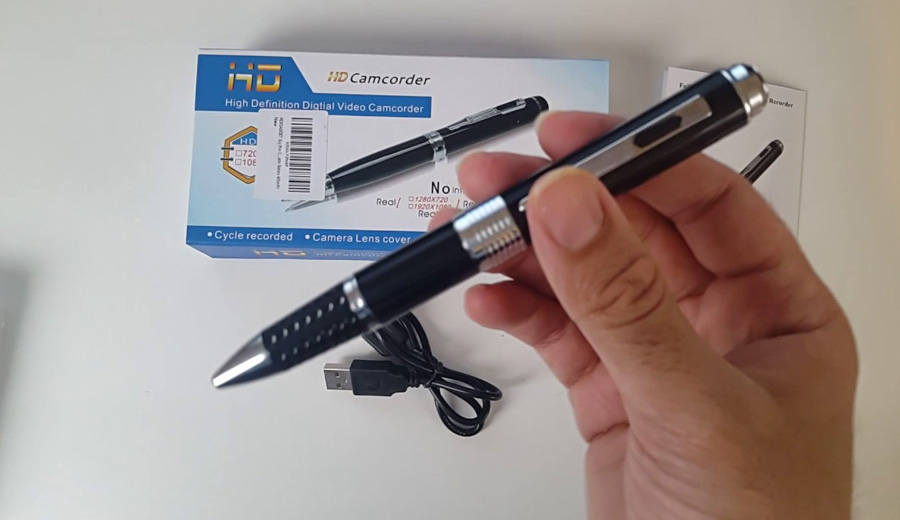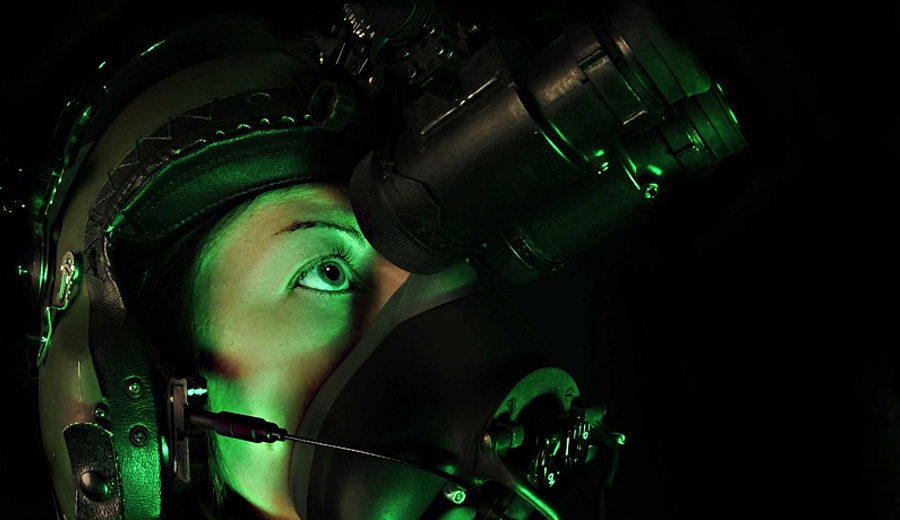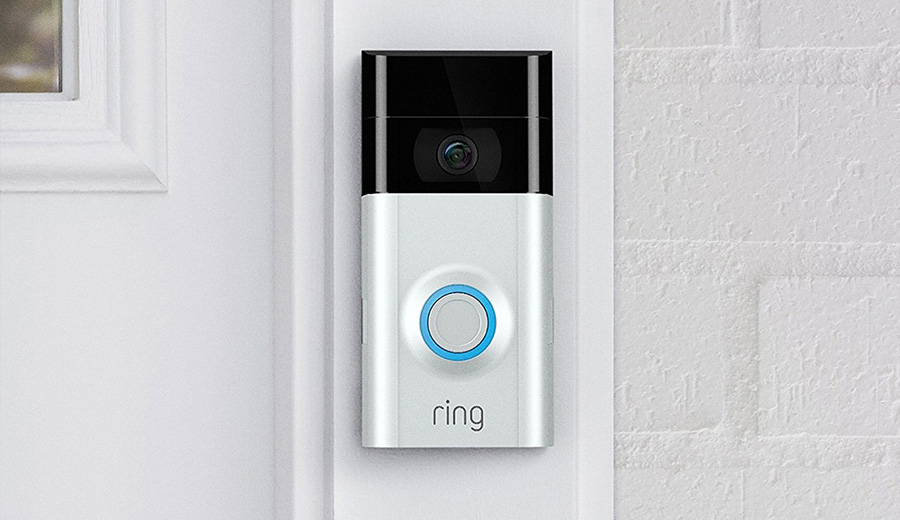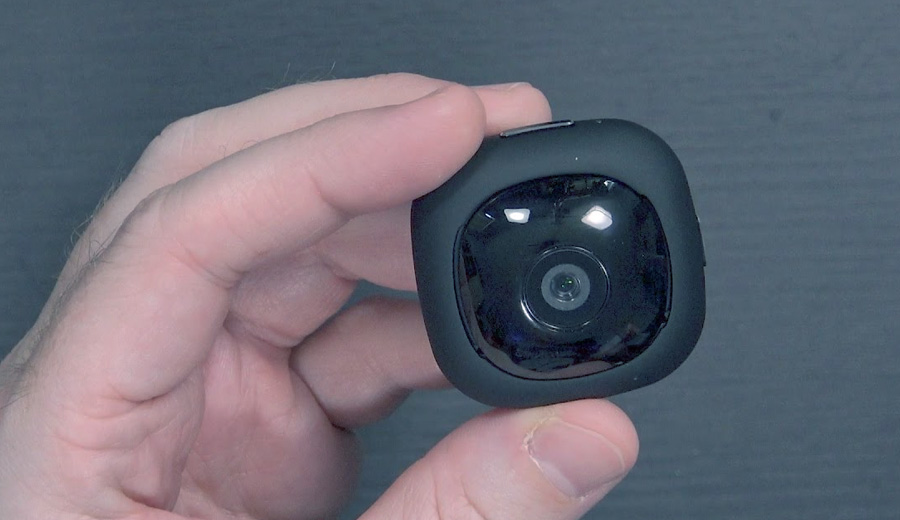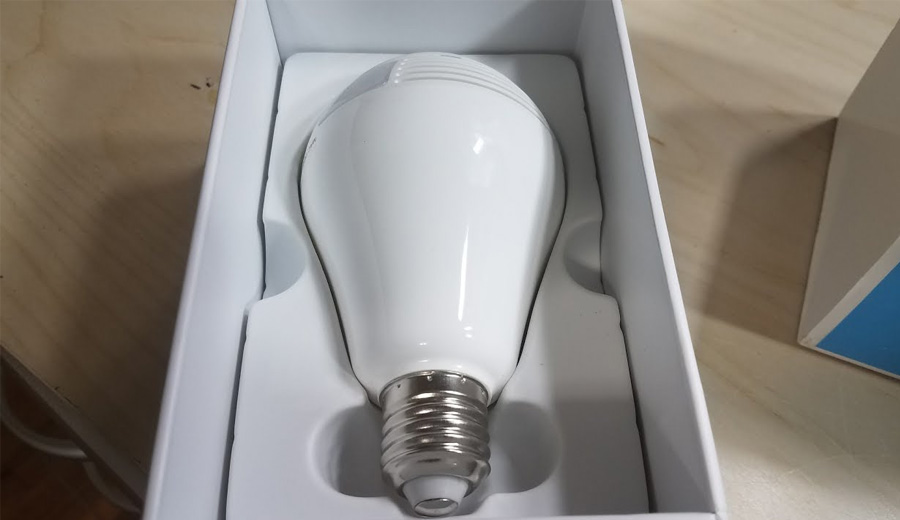Security Measure or Privacy Intrusion?
Covert surveillance is widely used nowadays for security purposes and crime prevention. Normally, people are aware and quite understanding about surveillance cameras in banks, stores and parking lots.
However, increased monitoring employees using video surveillance is a topic of controversy today.
 Employee surveillance is becoming more and more common. Irrespective of the field they work in, companies tend to get more cautious about their employees. They want to make sure their staff does not misuse its working time and environment. They want to prevent theft, cheating and other incidents of misconduct. They want to track employee productivity and protect secret information. From this point of view, employee surveillance is fully justified.
Employee surveillance is becoming more and more common. Irrespective of the field they work in, companies tend to get more cautious about their employees. They want to make sure their staff does not misuse its working time and environment. They want to prevent theft, cheating and other incidents of misconduct. They want to track employee productivity and protect secret information. From this point of view, employee surveillance is fully justified.
Monitoring employees has become incredibly simple. Various spy equipment allows tracking emails, visited websites and phone calls, videotaping employees at work and overall security monitoring. A great selection and quite affordable prices make it easy to choose the most appropriate and effective spy system for a particular firm or company.
Monitoring employees using video surveillance is one of the most effective means of control at work. Staffs of big companies, shopping malls, high-tech industry workers and employees of other establishments dealing with money or secret information have to expect a certain level of monitoring at work.
However, monitoring employees using video surveillance may go a little too far. Where is the line between protecting legitimate business interests and violation of privacy rights?
Employers must realize that there are always risks of litigation if they use video surveillance for monitoring their employees.
Just to inform employees that they are watched is not enough. That can spoil the working environment, add to stress and create paranoia. Information about video surveillance should be justified and included into the company policy. The guidelines should be defined clearly and leave no room for misinterpretation. Ideally, a company should get the employee’s signature confirming that he/she is aware of video monitoring and comply with the company’s rules.
Employees must know that video surveillance is done only for lawful purposes and does not intrude their privacy. Thus, videotaping must not include restrooms, changing rooms, smoking areas and other places for employees’ personal use. Employees must be assured their private space is respected.
Also, employers should be very careful about the information received using video surveillance. Videotape should be studied carefully to avoid jumping into conclusions. Otherwise, employees may feel they are discriminated or their personal affairs are unreasonably intruded. Judgments based on the employer’s personal likes or dislikes are absolutely unacceptable. Turning employee surveillance into a tool of intimidation will definitely not benefit the company as well.
If a company opts for monitoring employees using video surveillance and other means of surveillance, it has to make sure they do not violate state and federal law. Video surveillance limited to visual images is generally legal, while audio taping for example may be considered unlawful.

